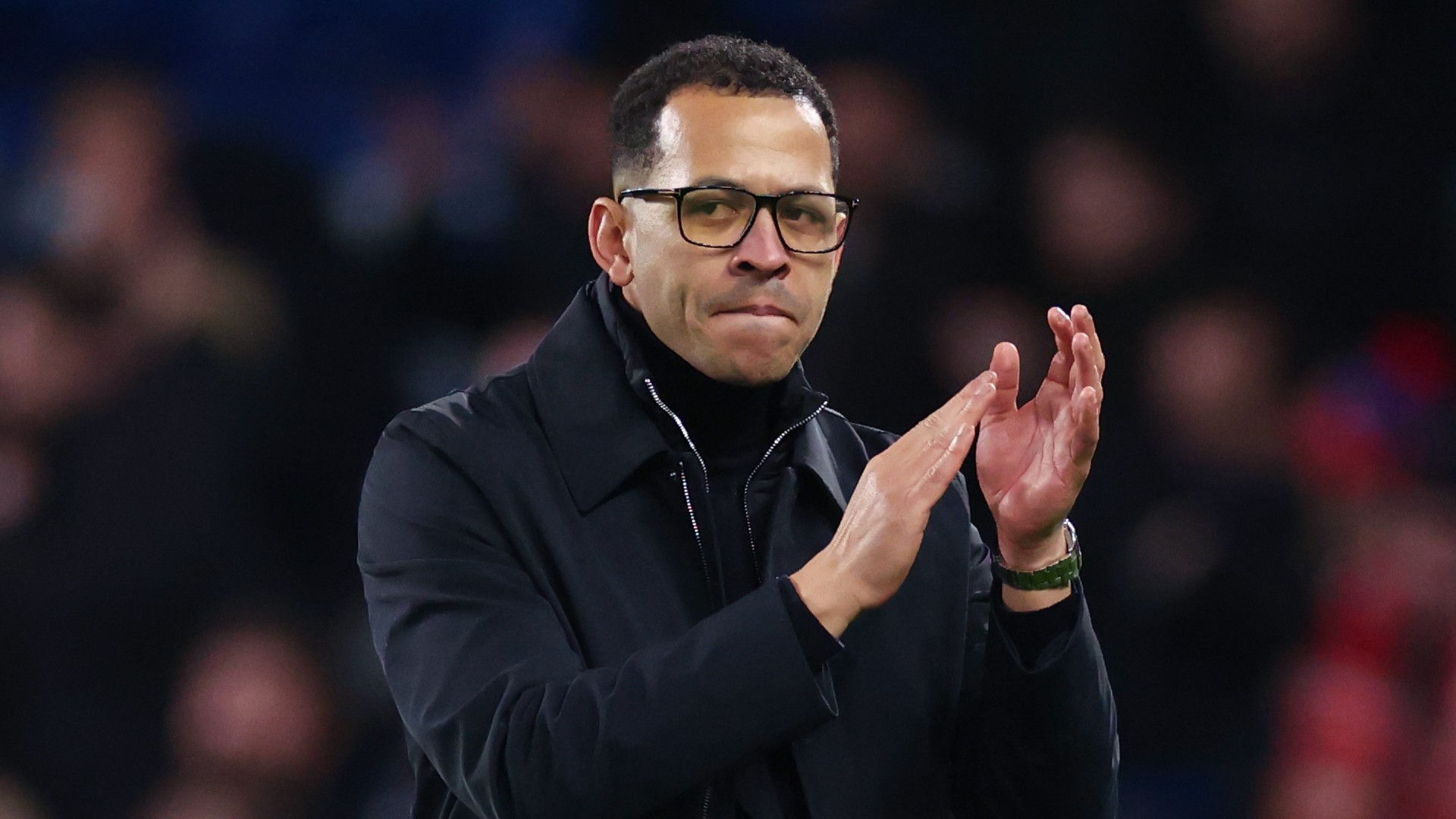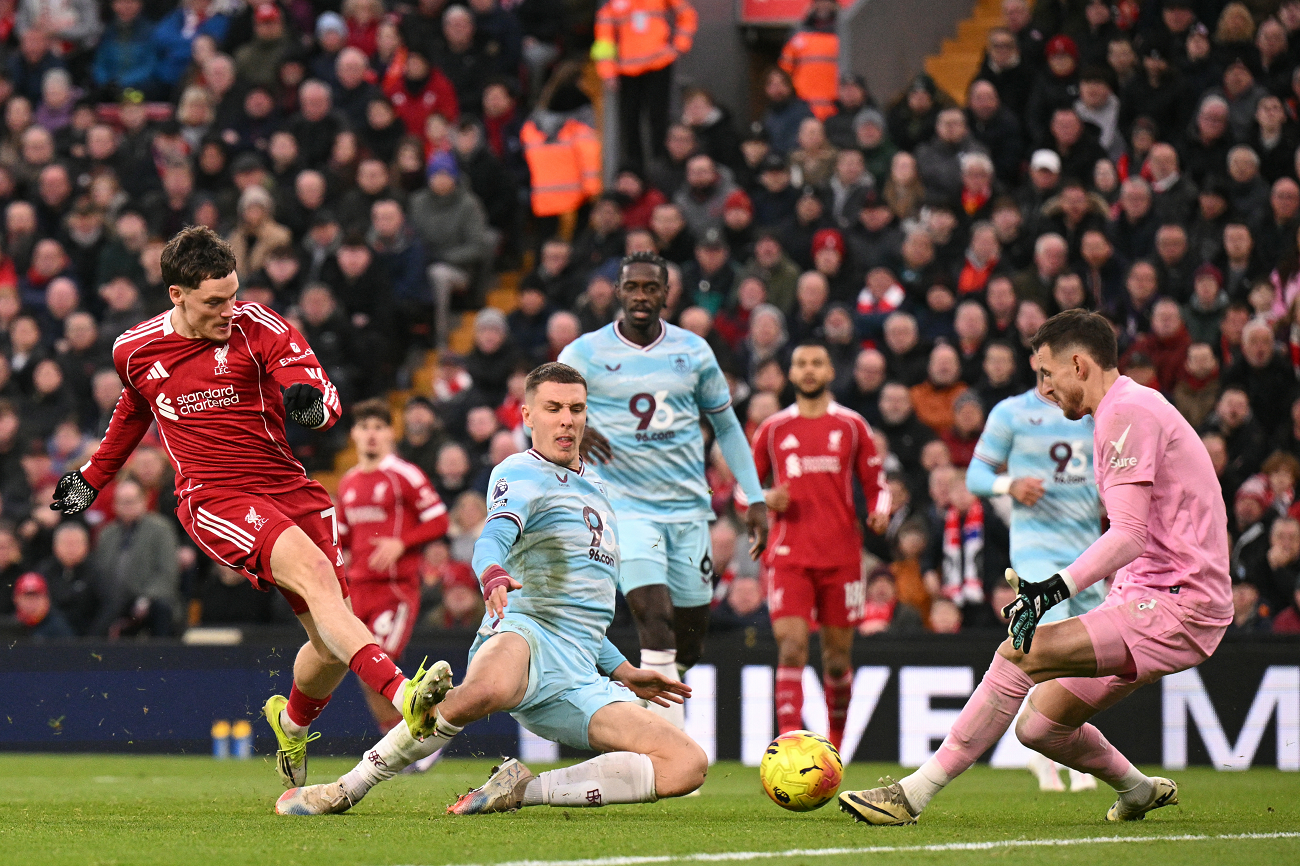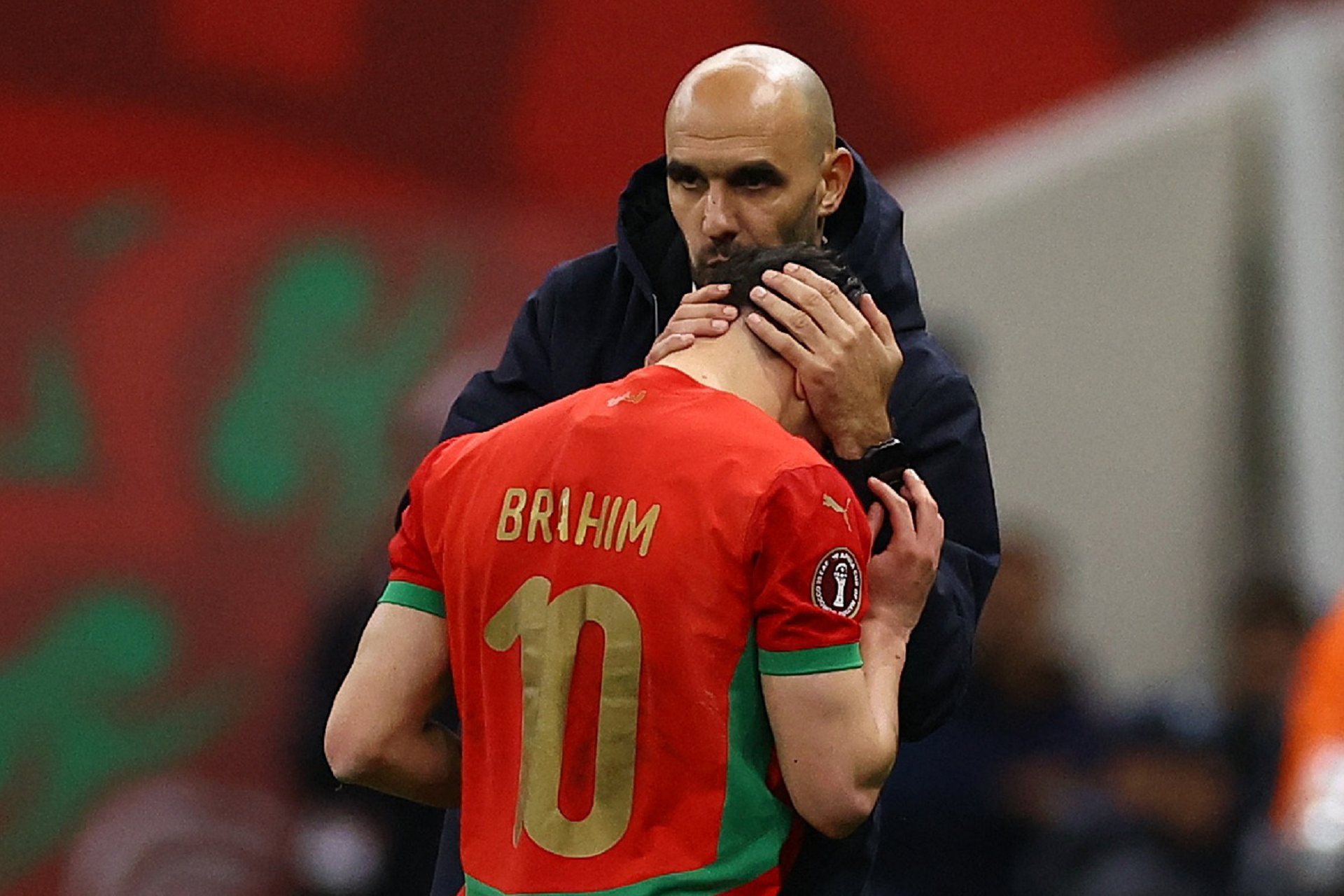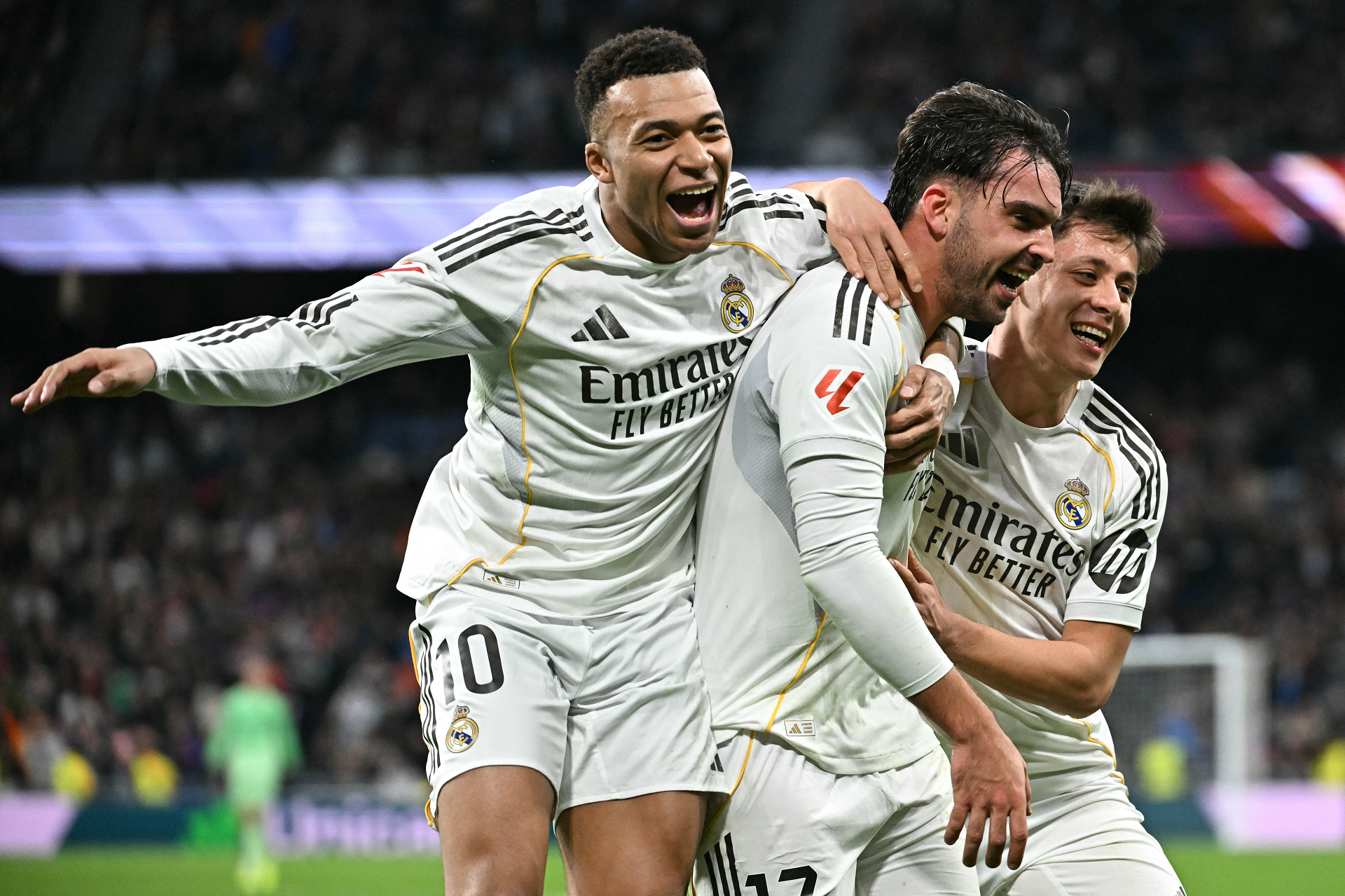FIFA U-20 World Cup History
The FIFA U-20 World Cup was launched by FIFA for the first time in 1977, to excite players for the future, and help trigger interest and enthusiasm in the so-called ‘developing’ football countries, notably USA, Canada and Australia.
FIFA U-20 World Cup was launched according to a plan aimed to increase the number of competitions organized by FIFA, after 50 years of regulating only one tournament, where the championship has been awarded every four years- FIFA World Cup- and partially governing another international tournament- the Olympic Football tournament.
The tournament until Netherlands 2005 known as the FIFA World Youth Championship (15 tournaments organized under this title) began modestly in Tunisia in 1977, but has grown in size and importance. Four tournaments have been organized under the new title FIFA U-20 World Cup, the last edition being held in Turkey in 2013.
Nine nations have dominated the last 19 editions’ titles: Argentina with six titles in 1979, 1995, 1997, 2001, 2005 and 2007, Brazil with five titles in 1983, 1985, 1993, 2003 and 2011, and Portugal with two titles in 1989 and 1991.
Yugoslavia won the championshio in 1987, France in 2013, West Germany in 1981, USSR in 1977, Spain in 1999. Ghana was the only African country to win the title, at Egypt 2009, the tournament’s 17th edition.
First Edition.. Tunisia 1977
• Mexico and the Soviet Union competed in the final, which ended in a draw (2-2). The Soviet team clinched the title in a penalty shootout (9-8).
• Brazil finished in third place and Uruguay in fourth.
• USSR national team player Volodymyr Bezsonov won the Golden Ball award, and Brazil’s Guina who scored four goals, won the Golden Shoe award.
• Sixteen teams competed in 28 games in the tournament’s first edition in Tunisia, scoring 70 goals, and attracting an audience of 22,000.
The Second Edition.. Japan 1979
• Argentina beat the USSR in the final 3-1.
• Uruguay took third place and Poland finished fourth.
• Football legend Diego Maradona won the Golden Ball award.
• Argentinean Ramon Diaz, who scored eight goals, won the Golden Shoe award.
• Sixteen teams competed in 32 games in Japan, scoring 83 goals and attracting an audience of 454,500.
The Third Edition.. Australia 1981
• West Germany beat Qatar 4-0 in the final.
• Romania took third place and England finished fourth.
• Romanian Romulus Gabor won the Golden Ball award.
• Australian Mark Koussas, Egyptian Taher Abu Zeid and West German Ralf Loose, who scored four goals each, won the Golden Shoe award.
• Sixteen teams competed in 32 games, scoring 85 goals and attracting an audience of 4443,094.
The Fourth Edition.. Mexico 1983
• Brazil won the title for the first time ever, following victory over Argentina in the final 1-0.
• Poland took third place and South Korea finished fourth.
• The Brazilian player Giovanni won the Golden Ball award and having scored six goals, also won the Golden Shoe award.
• Sixteen teams competed in 32 games.
• The event enjoyed its first major success, attracting a record audience of 1,155, 160. A record 90 goals were also scored in the tournament.
The Fifth Edition… USSR 1985
• Brazil held to their title, following victory over Spain in the final 1-0.
• The first African appearance at the event was strongly marked, with Nigeria taking third place. Hosts USSR finished fourth.
• Sixteen teams competed in 32 games, scoring 80 goals and attracting an audience of 657,800.
• Brazilian player Paulo Silas, who later managed Qatari clubs Al-Arabi and Al-Gharafa, won the Golden Ball award. Former Real Madrid, Atletico Madrid and Celta Vigo Spanish player Sebastian Losada, who scored three goals, won the Golden Shoe award.
The Sixth Edition.. Chile 1987
• Yugoslavia became the third European team after USSR and West Germany to win the title. A penalty shootout decided the result when both teams failed to break the 1-1 draw in extra time.
• East Germany took third place and hosts Chile finished fourth.
• Current Azerbaijan manager, and former Real Madrid, Barcelona and Sevilla player, Croatian Robert Prosinečki won the Golden Ball award. Former Bayern Munich striker Marcel Witeczek from Germany, who scored seven goals, won the Golden Shoe award. The Croatian player Davor Suker, who later won the Golden Shoe at France 1998, scored six goals and won the Silver Shoe award.
• Sixteen teams competed in 32 games, scoring 86 goals and attracting an overall audience of 712,000.
The Seventh Edition.. Saudi Arabi 1989
• The tournament was hosted for the second time by an Arab country. For the second time also, Nigeria forced their way to the final, which they lost to Portugal 2-0, finishing as runners-up.
• Brazil took third place and USA finished fourth in their first impressive international appearance.
• The Brazilian player Bismarck won the Golden Ball award.
• The Golden Shoe award went to USSR striker Oleg Salenko, who scored five goals. Salenko is the first and only striker ever to win the Golden Shoe award at both junior and senior levels. At the 1994 FIFA World Cup, he scored six goals for Russia and received the award.
• Sixteen teams competed in 32 games, scoring 81 goals and attracting an audience of 643, 815.
The Eighth Edition.. Portugal 1991
• Portugal held to their title and became the second team to win the title consecutively after Brazil. This feat was achieved against none but Brazil, in a penalty shootout that ended 4-2.
• USSR took third place and Australia finished fourth in their first impressive international appearance.
• Former Sevila, Porto and Benfica player, Portugese Emilio Peixe won the Golden Ball award. The Golden Shoe went to USSR player Sergei Sherbakov.
The Ninth Edition.. Australia 1993
• Brazil won the championship title for the third time, after beating Ghana in the final 2-1. England took third place and Australia finished fourth.
• The Brazilian player Adreano da Silva won the Golden Ball award. Columbia player Zambrano, Mexican player Nito and American player Faklaris won the Golden Shoe award with three goals each.
• Sixteen teams competed in 32 games, scoring 80 goals and attracting an audience of 478,003.
The Tenth Edition.. Qatar 1995
• For the third time ever, the tournament was hosted by an Arab country. It was originally going to be held in Nigeria, however, due to Ebola outbreak, the African country withdrew from hosting duties and FIFA relocated the event to Qatar.
• Argentina won the title for the second time, following victory over Brazil in the final 2-0. Portugal took third place and Spain finished fourth.
• The Brazilian player Caio won the Golden Ball award and the Spaniard international player Joseba Etxeberria, Athletic de Bilbao striker then, won the Golden Shoe award, with seven goals. Throughout his professional career, Etxeberria gained 53 caps for Spain and scored 12 goals.
The Eleventh Edition.. Malaysia 1997
• The tournament was held in Asia for the second time. It was a historical moment for Malaysia, where an international sporting event was being hosted for the first time.
• Argentina held to their title, by beating Uruguay 2-1, in what was considered a pure Latin derby. Ireland took third place and Ghana finished fourth.
• Uruguay striker Nicolas Olivera won the Golden Ball award. He was a player at Defensor in Uruguay before moving to Spain and joining Valencia, Valladolid and Cordoba. He gained 28 caps for Uruguay and scored eight goals. The Brazilian player Adailton won the Golden Shoe award with ten goals. Interestingly, the second-placed on the topscorers sheet was David Trezeguet from France, with five goals.
• For the first time ever, twenty-four teams competed in 52 games, scoring 158 goals and attracting an audience of 655,827.
The Twelfth Edition.. Nigeria 1999
• The tournament was held in Africa for the second time ever, after Tunisia in 1977. Nigeria was able to host it after a four-year delay. A sudden outbreak of Ebola in 1995 had prevented the country from taking up its hosting duties.
• Spain won the championship title, following victory over Japan in the final 4-0.
• Mali midfielder and captain Seiydou Keita, also former Barcelona and Sevilla star, won the Golden Ball award. Spaniard Pablo Counago who scored five goals, won the Golden Shoe award.
• Twenty-four teams competed in 52 games, scoring 155 goals and attracting an audience of 624,400.
The Thirteenth Edition... Argentina
• The most successful and exciting youth tournament ever was held in Argentina. The hosts won the title following victory over Ghana in the final 3-0.
• The tournament witnessed the second achievement by an Arab country, when Egypt finished in third place, following victory over Paraguay 1-0.
• The Argentinean rabbit Saviola impressed on all levels and won the Golden Ball and Golden Shoe awards, with six goals.
• Twenty four teams competed in 52 games, scoring 143 goals and attracting an audience of 506, 320.
The Fourteenth Edition.. UAE 2003
• UAE hosted the tournament’s fourteenth edition. Brazil won the championship title, following victory over Spain 1-0. Columbia took third place and Argentina finished fourth.
• UAE star Ismail Matar won the Golden Ball title and the USA player Eddie Johnson, who scored four goals, won the Golden Shoe award.
• Twenty four teams competed In 52 games, scoring 118 goals and attracting an audience of 593,000.
The Fifteenth Edition.. The Netherlands 2005
• The tournament was held in the European country for the first time ever. Argentina won their fifth title, following victory over Nigeria in the final 2-1.
• Morocco gave an impressive performance when they progressed to the semi-finals. They finished fourth following defeat to Brazil 2-1.
• This tournament produced the Football legend Lionel Messi, who won both Golden Ball and Golden Shoe awards, with six goals. Spaniard and current Juventus player Fernando Llorente won the Silver Shoe award with five goals.
• Twenty four teams competed in 52 games, scoring 139 goals and attracting an audience of 502,698.
The Sixteenth Edition... Canada 2007
• Canada hosted the tournament in 2007. Argentina held to a record sixth title, following victory over the Czech Republic in the final 2-1.
• Chile took third place and Austria finished fourth.
• Argentina player and current Manchester City striker and Premier League’s top scorer Sergio Aguero, dominated the tournament’s 2007 edition, where he won the Golden Ball and Golden Shoe awards, with six goals.
• Twenty four teams competed in 52 games, scoring 134 goals and attracting a record audience of 1,195,239.
The Seventeenth Edition.. Egypt 2009
• The tournament was held for the fourth time in an Arab country, following Tunisia 1977, Saudi Arabia 1989 and Qatar 1995.
• Ghana who failed twice in two previous finals in 1993 and 2001, to lift the trophy, won the title, following victory over Brazil in a penalty shootout that ended 4-3, when both teams failed to break the scoreless draw in extra time.
• Hungary took third place and Costa Rica finished fourth, in what was considered a historical achievements for both countries.
• The Ghanaian player Dominic Adiyiah won the Golden Ball and Golden Shoe awards, with eight goals, which made him a target for many big clubs. Milan was able to sign him. However, he was not able to regain his impressive form and now plays for Nakhon Ratchasima in Thailand.
• Egypt 2009 attracted a record audience of 1,295,586. The tournament witnessed 166 goals.
The Eighteenth Edition.. Columbia 2011
• The tournament made its way back to South America, where it was held in Columbia. Brazil won their fifth title, following victory over Portugal in the final 3-2. Mexico took third place and France finished fourth.
• The Brazilian player Henrique won the Golden Ball and Golden Shoe awards with five goals. Strangely, he totally disappeared in 2014 after stints at Granada in Spain and Bahia and Botafogo in Brazil.
• The tournament attracted for the third time in a row, a record audience of 1,309,929. Twenty four teams competed in 52 games, scoring 129 goals.
The Nineteenth Edition.. Turkey 2013
• The tournament made its way back to Europe where it was held in Turkey. And for the first time since 1999, a European country was able to win the title, when France beat Uruguay in a penalty shootout in the final 4-1.
• Ghana took third place, following victory over Iraq 3-0.
• Former Juventus and Manchester United star, Frenchman Paul Pogba won the Golden Ball award, and Ghana striker and current Swiss club Sion player, Assifuah won the Golden Shoe with six goals.






























